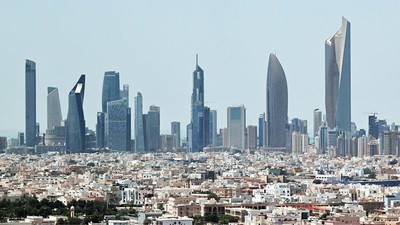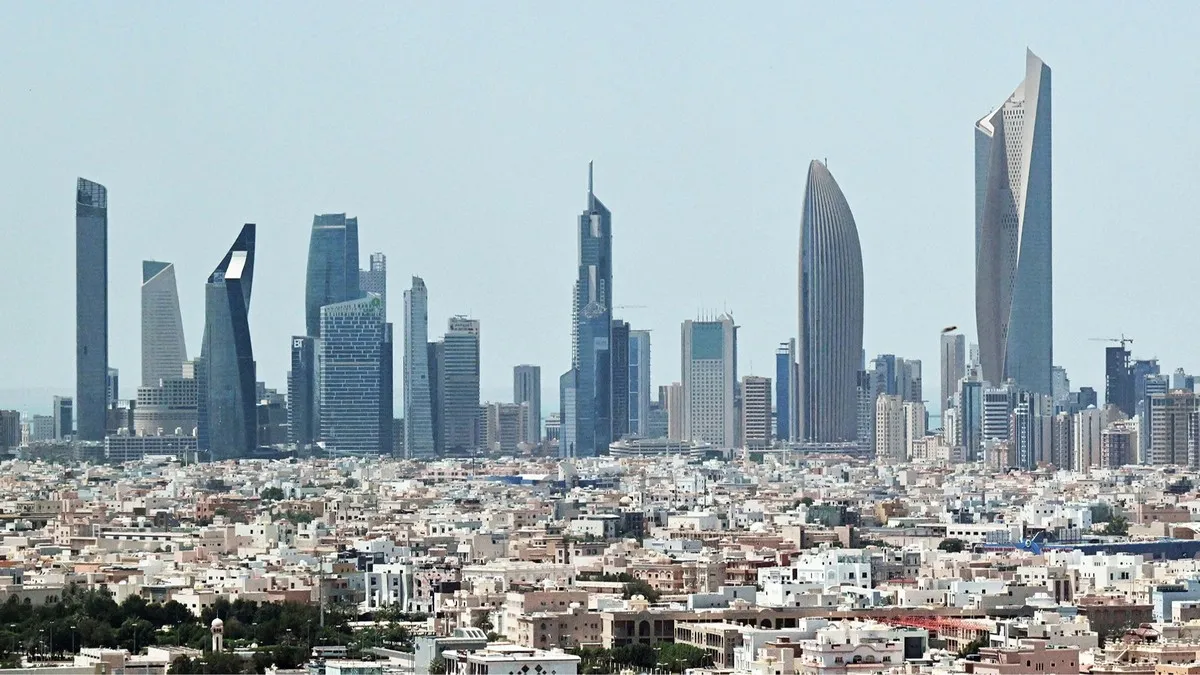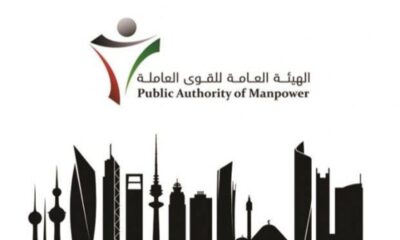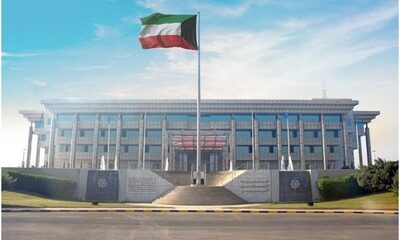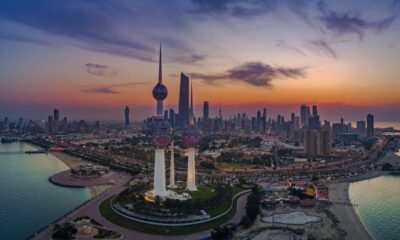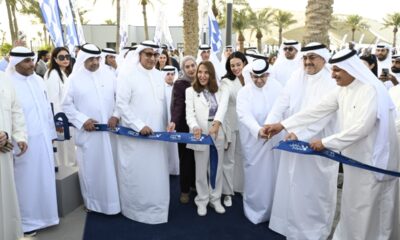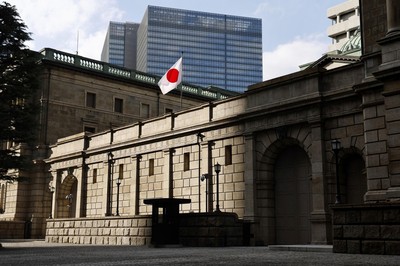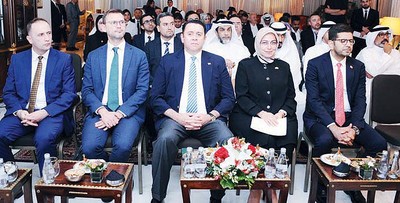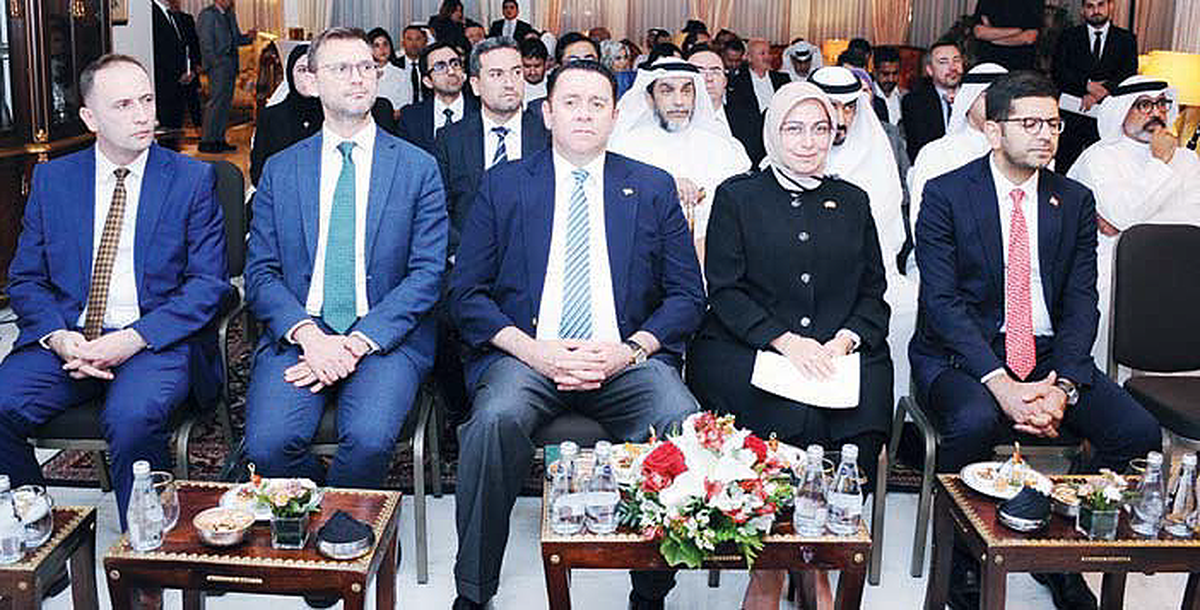KUWAIT CITY, March 27: Kuwait has issued Decree-Law No. (60) of 2025 regarding financing and liquidity, setting the public debt ceiling at KWD 30 billion (or its equivalent in major convertible foreign currencies). The law also permits the issuance of financial instruments with maturities of up to 50 years, and its validity extends for 50 years from the date of implementation, establishing a long-term legal framework to regulate public borrowing.
In a press statement, Minister of Finance and Minister of State for Economic Affairs and Investment, Eng. Noura Al-Fassam, emphasized that the law grants Kuwait greater financial flexibility. It allows the country to tap into both local and international financial markets to improve liquidity management, reflecting a strategic approach to keeping pace with global economic developments and ensuring the sustainability of public finances.
Al-Fassam noted that this law is a key part of the government’s efforts to enhance financial stability and support economic development in line with Kuwait Vision 2035. She stressed that it represents an important step in the ongoing process of financial and economic reforms, aimed at building a more diversified and sustainable economy that benefits both the state and its citizens.
Faisal Al-Muzaini, Director of the Public Debt Department at the Ministry of Finance, outlined the main objectives of the decree-law. These include:
– Providing the state with access to various types of financial instruments through both local and international financial markets, allowing financing in Kuwaiti dinars or major convertible foreign currencies. This flexibility offers multiple options for managing public debt and liquidity.
– Developing local financial markets by creating a reference sovereign yield curve, which will enhance the attractiveness of Kuwaiti financial markets and provide an important benchmark for issuances by the banking sector and local companies, ultimately improving the financing structure and reducing borrowing costs.
– Contributing to the financing of major development projects, including infrastructure and other strategic initiatives, which will drive the country’s development forward.
– Stimulating the local economy by boosting the economic cycle, enhancing investor confidence, and attracting more foreign investments to support economic growth.
– Improving the country’s sovereign credit rating, which will positively impact the state’s ability to borrow on competitive terms.
– Ensuring the liquidity of sovereign reserves, maintaining the country’s financial stability, and bolstering the government’s ability to meet its financial obligations under various economic conditions.
Al-Muzaini also highlighted that this decree-law comes at a time when global financial markets are undergoing rapid changes, making flexible access to financing crucial for economic stability. He explained that the new law provides the government with additional financial tools to manage public finances more efficiently, reflecting the state’s commitment to adopting a sustainable financial approach that balances the need to finance development projects with long-term financial sustainability, in line with international best practices in public debt and liquidity management.

 Business24 hours ago
Business24 hours ago
 Politics17 hours ago
Politics17 hours ago
 Latest News22 hours ago
Latest News22 hours ago
 Latest News24 hours ago
Latest News24 hours ago
 Latest News15 hours ago
Latest News15 hours ago
 Politics14 hours ago
Politics14 hours ago
 Politics15 hours ago
Politics15 hours ago
 Latest News14 hours ago
Latest News14 hours ago
